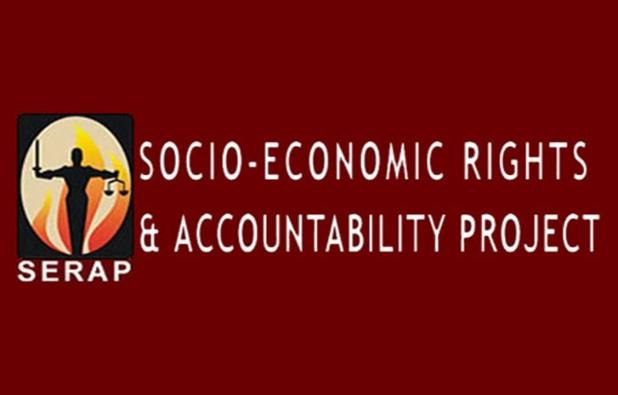The Socio-Economic Rights and Accountability Project (SERAP) has dragged the Nigerian National Petroleum Company Limited (NNPCL) to court over failure to account for “Nigeria’s daily oil production, exportation and the total amounts of revenues generated from oil since the removal of subsidy on petrol in May 2023.”
The lawsuit number FHC/ABJ/CS/1719/2023 was filed by the group’s lawyers Kolawole Oluwadare and Andrew Nwankwo on Friday at the Federal High Court in Abuja.
It prayed the court to order the state oil company to “disclose how much of the revenues generated from the production, and exportation of oil have been remitted to the public treasury since the removal of subsidy on petrol.”

A statement issued on Sunday by SERAP’s Deputy Director, Kolawole Oluwadare, referenced former Central Bank of Nigeria (CBN) Governor, Sanusi Lamido Sanusi alleging that the NNPCL was yet to remit revenues generated into the country’s treasury despite the subsidy removal.
The statement reads:
“There is a legitimate public interest in disclosing the information sought. The NNPC has a legal responsibility to disclose the details of Nigeria’s daily oil production, exportation and the revenues generated and remitted.
“Nigerians have the right to know the amounts of barrels of oil the country produces and exports daily, the revenues generated and remitted to the public treasury.” Compelling the NNPC to disclose these details would promote transparency and accountability in the oil sector.”
“The failure by the NNPC to disclose the information sought is a grave violation of the provisions of the Nigerian Constitution 1999 [as amended], the Freedom of Information Act, and the country’s obligations under the African Charter on Human and Peoples’ Rights.”
SERAP also called for transparency and accountability from the NNPCL to ensure that public funds saved from the subsidy removal are not being embezzled, and to restore the trust of citizens who have been left in the dark over the affairs of the oil state.
“Transparency would ensure that the revenues generated from Nigeria’s daily oil production and exportation are not diverted into private pockets, and increase public confidence that the revenues would be used to benefit Nigerians,” the statement read further.
The lack of public scrutiny and adequate surveillance of state resources has made it impossible for Nigerians to follow up with revenue generation and distribution effort of the Federal Government.Thus, citizens have a hard time balancing government performance with revenue inflows at all levels, as operations in key sectors are shrouded in utmost secrecy.


